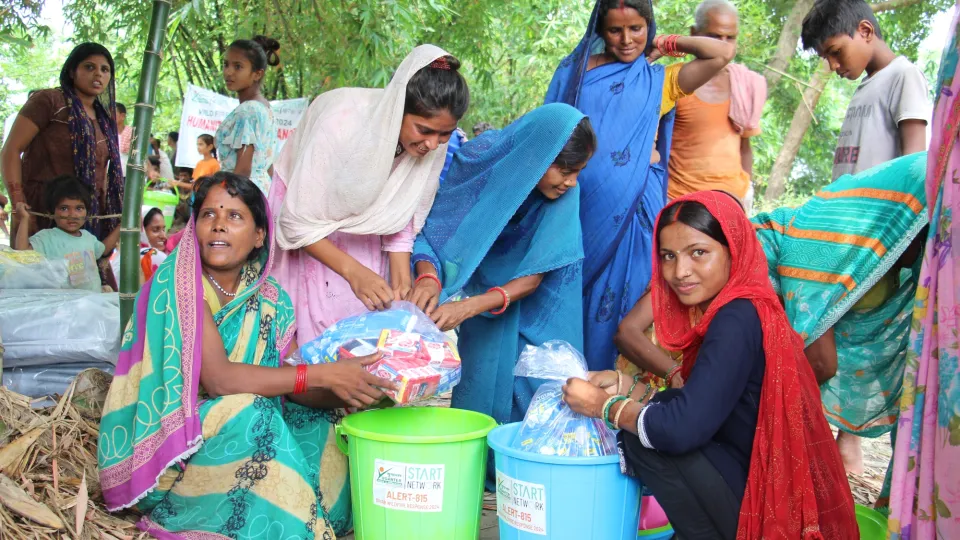
Who is still talking about gender?
How we can better incorporate gender principles in short-term humanitarian programming.

How we can better incorporate gender principles in short-term humanitarian programming.
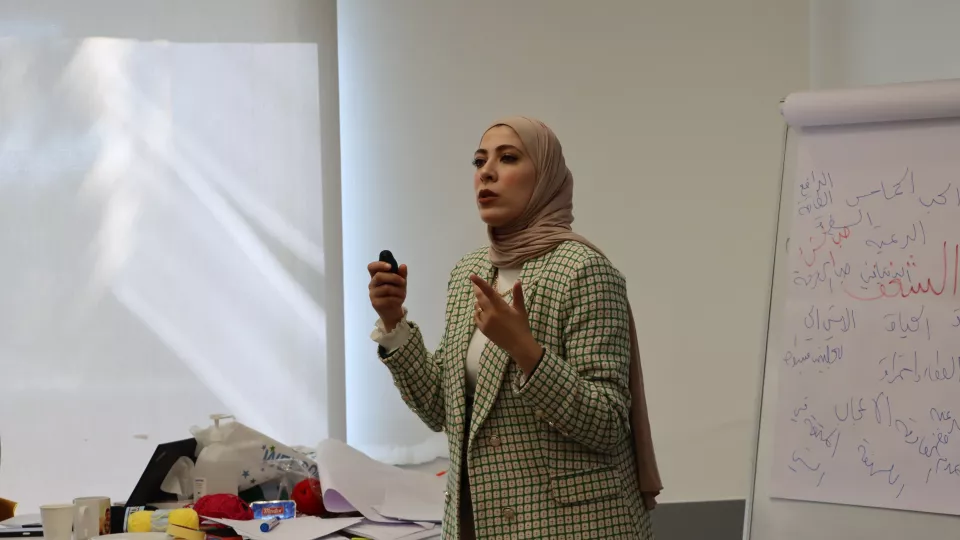
This grant sought to enable the creation of new methodologies to measure the success and impact of humanitarian interventions. The Community-Led Approaches to Monitoring, Evaluation, Accountability, and Learning (MEAL) Research Grant was created in March 2022, with support from the Conrad N. Hilton Foundation and the IKEA Foundation. This grant formed part of the Start Network’s push for a locally led humanitarian system and to meet the participation revolution commitment in the Grand Bargain, which seeks to promote the link between effective participation and the quality and effectiveness of humanitarian response.
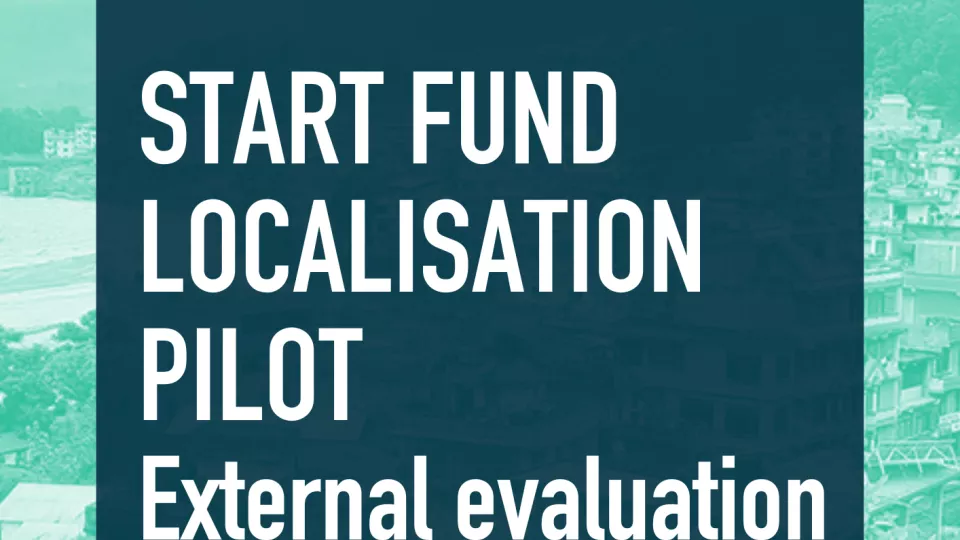
This is an independent, external evaluation of the Start Fund’s ‘localisation pilot’ conducted in late 2022. The purpose of the evaluation is to assess the extent to which the global Start Fund is ready in terms of current and planned processes, practices and capacity, to develop into a more locally-led humanitarian model while maintaining its mandate to respond rapidly to the gaps and unmet needs of people in, or at-risk of crisis.
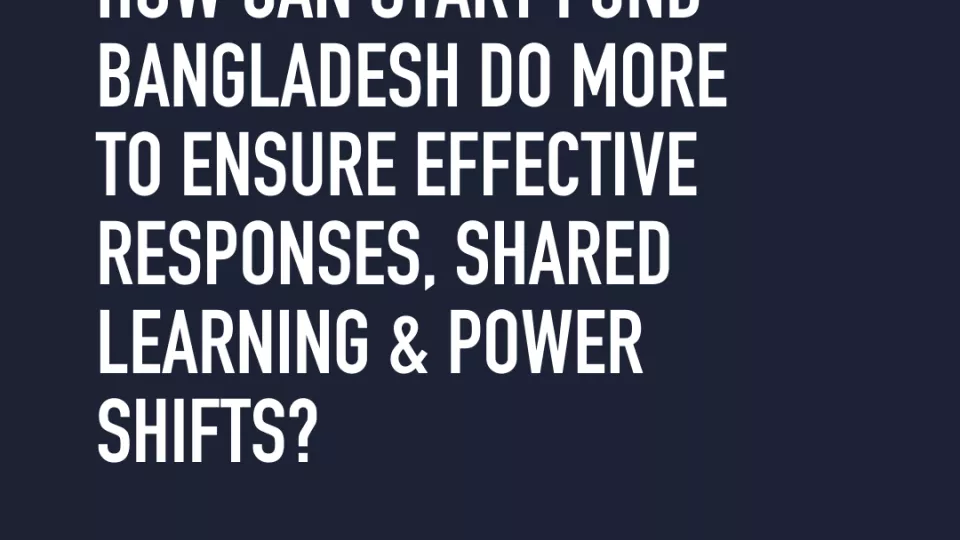
Bangladesh has faced one of the worst flash floods in history in 2022, where northeastern region of the country was devastated by consecutive flash floods during the months of May to June. The affect of the flooding led to more than 7.2 million people directly affected and more than 50% of the affected population in need of humanitarian assistance.
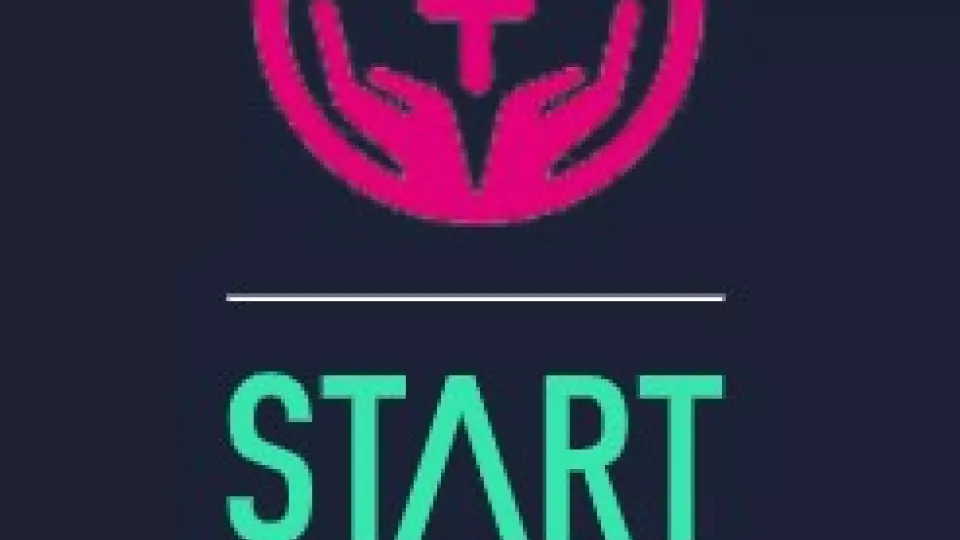
In January 2022 AFPDE was awarded Start Network’s Sharing Knowledge and Ideas Under Local Leadership (SKILL) Grant, to conduct a peer learning programme focused on a research project of their choosing. AFPDE connected with other local, national and international organisation as well as members of the community and local officials, to organise a series of research activities and explore community resilience in Nundu, Lemera and Ruzizi health zones of the DRC. This report is condensed from the full research report written by Bagula Amato, who was the consultant hired by AFPDE to lead the data collection and research analysis which captures the findings and recommendations from this work.
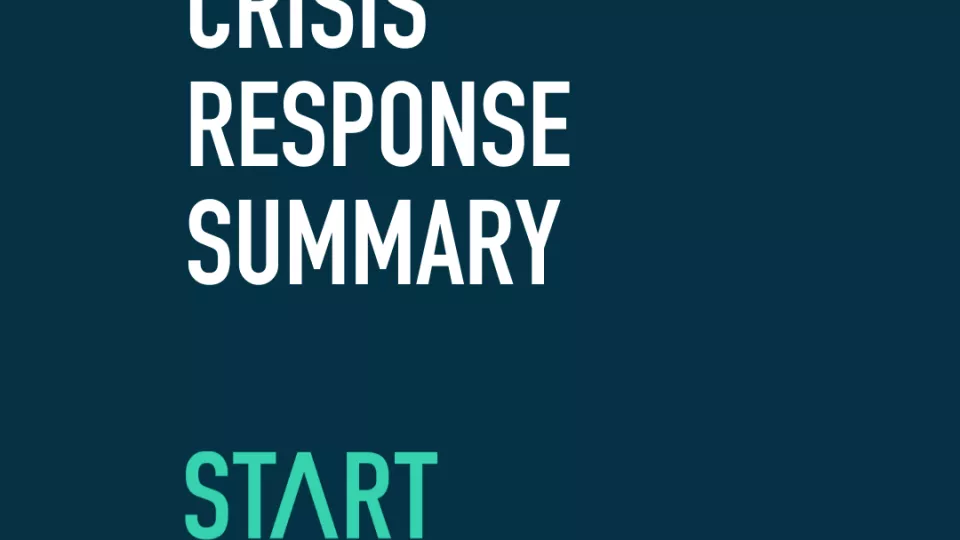
The northeastern part of Bangladesh has been devastated by a torrential flash flooding due to heavy rainfall in the upper streams of Surma, Kushiyara and other rivers of the Brahmanputra basin that linked to the northeastern part of the country.
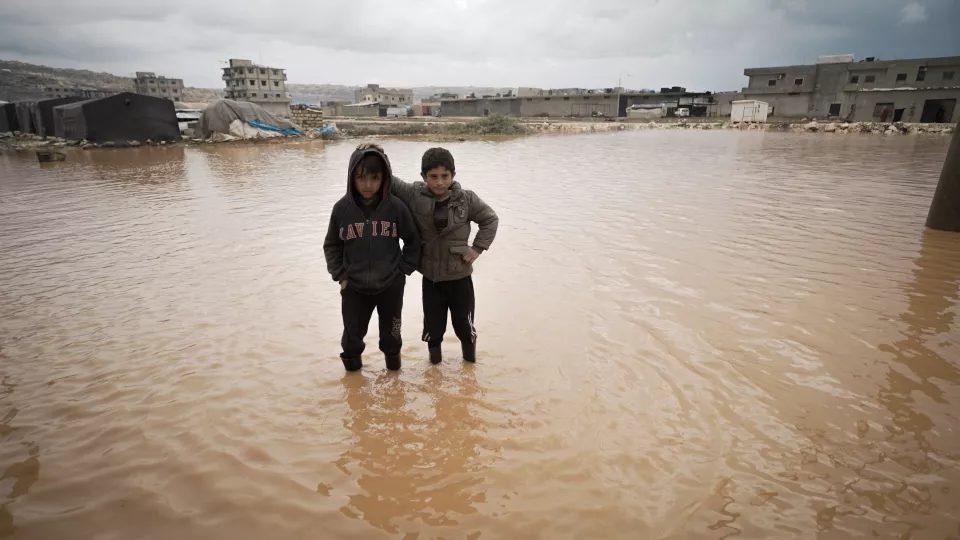
World Oceans Day 2022 calls for individuals, civil society, governments, institutions and the international community to collectively work to revitalise our oceans, which are home to most of the world’s biodiversity and are predicted to be a source of employment for 40 million people by 2030.

This provides the quick glimpse of the each Alert, its location, population reached, project period and the support provided in each alert.

This provides the quick glimpse of the all Alerts, area covered, population reached, project period and the support provided in each alert.

In June 2021, Bright Star Development Society Balochistan (also known as BSDSB or Bright Star) were funded to assist in mitigating against the anticipated heatwave in Sibi (Pakistan). In this locally-led anticipatory action response Bright Star provided behaviour messaging in addition to "cooling facilities" with cold water and a place to rest. This paper summarises some of the evidence and learning from an evaluation of this response.